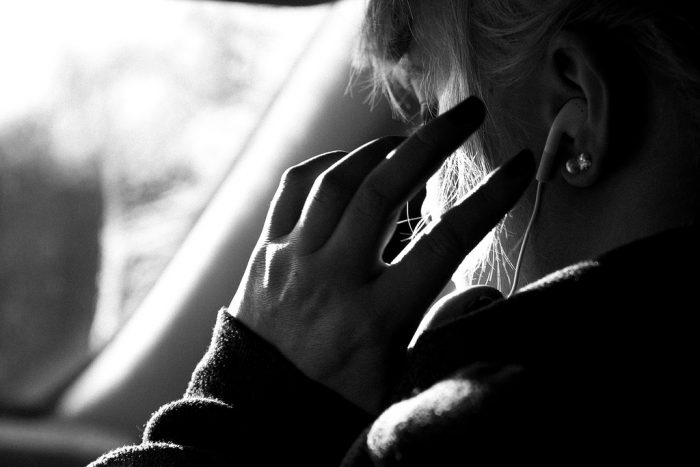
Save for when its politics podcast went daily leading up to last year’s election, the absence of a rundown of each day’s biggest events to watch out for, available through a listener’s podcast app of choice, has left an opening for other news operations. The reason why NPR’s flagship shows like Morning Edition and All Things Considered are not also immediately available as podcasts to the car-less, radio-less, digital native set has had less to do with technical obstacles and more to with NPR’s organizational structure and its relationships with member stations. (The two tentpole shows bring in the largest audiences — and account for the largest slice of revenue — for NPR.)1
On Wednesday, NPR will start offering Up First, a 10-minute weekday morning news podcast built off the top news from Morning Edition. (The trailer dropped today and leans heavily on trustworthiness.)
“As you can imagine, this is something that the people at Morning Edition have been talking about for a while, kicking around and working through a lot of ideas, and it took us until just before Christmas,” Sarah Gilbert, executive producer for Morning Edition, said. “We conceived of [the show] as a welcoming, 10-minute digestible companion to a very busy period of the day, and infused it with a conversational, accessible sensibility.”
Up First will contain the “A segment” of the 5 a.m. ET hour of Morning Edition with its cast of hosts David Greene, Steve Inskeep, and Rachel Martin. It’ll then be spruced up with a “more podcast-y tail and top” and released as a podcast at 6 a.m.
“The podcast version will have a top that tells you what’s in that day’s episode, and we’re also going to have language in the episodes that tells listeners — many of whom will be new to public radio content — about the public radio system, the availability of all kinds of incredible programming on our stations, guiding them in finding ways to donate, if they want to donate to their local stations,” Neal Carruth, NPR’s general manager of podcasting (a new position as of last fall), added. “We’ve learned through our research that this younger and more diverse demographic often makes up a discrete audience from the Morning Edition audience. The podcast will point them back to public radio ecosystem.”
NPR is clearly keen on keeping up with the news preferences of younger listeners, spinning out new shows and reworking the sound of old standbys. More than half of the total audience for NPR’s slate of podcasts is between the ages of 18 and 34, according to NPR survey data. For the Morning Edition radio broadcast, the audience is “more evenly split” across all the age groups, according to a spokesperson, but a quarter of those 18- to 34-year-olds report listening to NPR offerings via podcast (“half those also then started listening to a broadcast station”). What does the existence of Up First — and Morning Edition material — as an on-demand podcast mean for local stations who pay (a lot) to be able to distribute shows like Morning Edition and All Things Considered? (The NPR-and-member-station dynamic produces interesting tensions. See here or here or here or here or here.) Gilbert and Carruth both gave rosy replies.“A lot of station managers we have spoken to in preparation for this launch have expressed genuine excitement about the possibility of reaching a new discrete, younger audience, and finding a way to invite them into the public radio system, and building that loyal relationship which has sustained us for such a long period of time,” Gilbert said.
“Safe to say, [the podcast] is something we’ve thought about well before last December, when it really moved into high gear. That’s just a function of finding a way to do it that makes sense for the whole system,” Carruth said. “It’s central to the project that we’re enhancing and improving Morning Edition, while at the same time, connecting with this emerging digitally native on-demand audience.”
“There’s an interplay here with the conversational values of the on-demand space,” he added. “You’ll hear an ongoing evolution of the sound of Morning Edition, influenced by its being available in the on-demand space.”